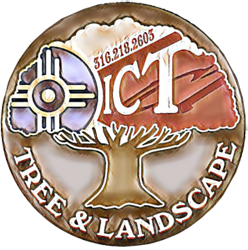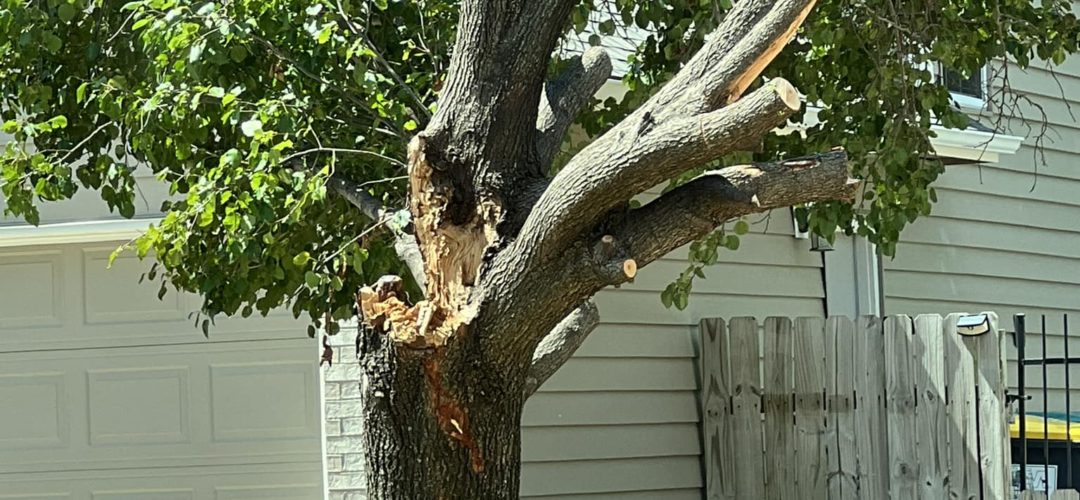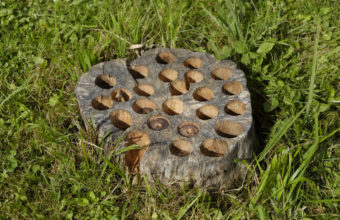The “Tree That Owns Itself” is a famous white oak tree in Athens, Georgia, USA. According to local legend, in the early 19th century, Colonel William Henry Jackson deeded the tree and the surrounding land to itself. The deed, which is not legally binding, was a gesture to ensure the tree’s protection.
Legally speaking, trees cannot own property or pay taxes. Property ownership and tax obligations are tied to legal entities such as individuals, corporations, or government entities. The Tree That Owns Itself is more of a symbolic and historical curiosity rather than a legally recognized entity.
In practice, the care and maintenance of the tree and the surrounding area are overseen by local authorities and community members who appreciate the historical and cultural significance of the tree. Any tax obligations related to the land would typically fall on the legal property owner, which is a government entity in the case of public spaces or private individuals for private land.
While the “Tree That Owns Itself” is an interesting and well-known tree with a unique history, it doesn’t have legal standing to own property or pay taxes. The story surrounding the tree is more of a local legend and cultural symbol than a legal reality.






